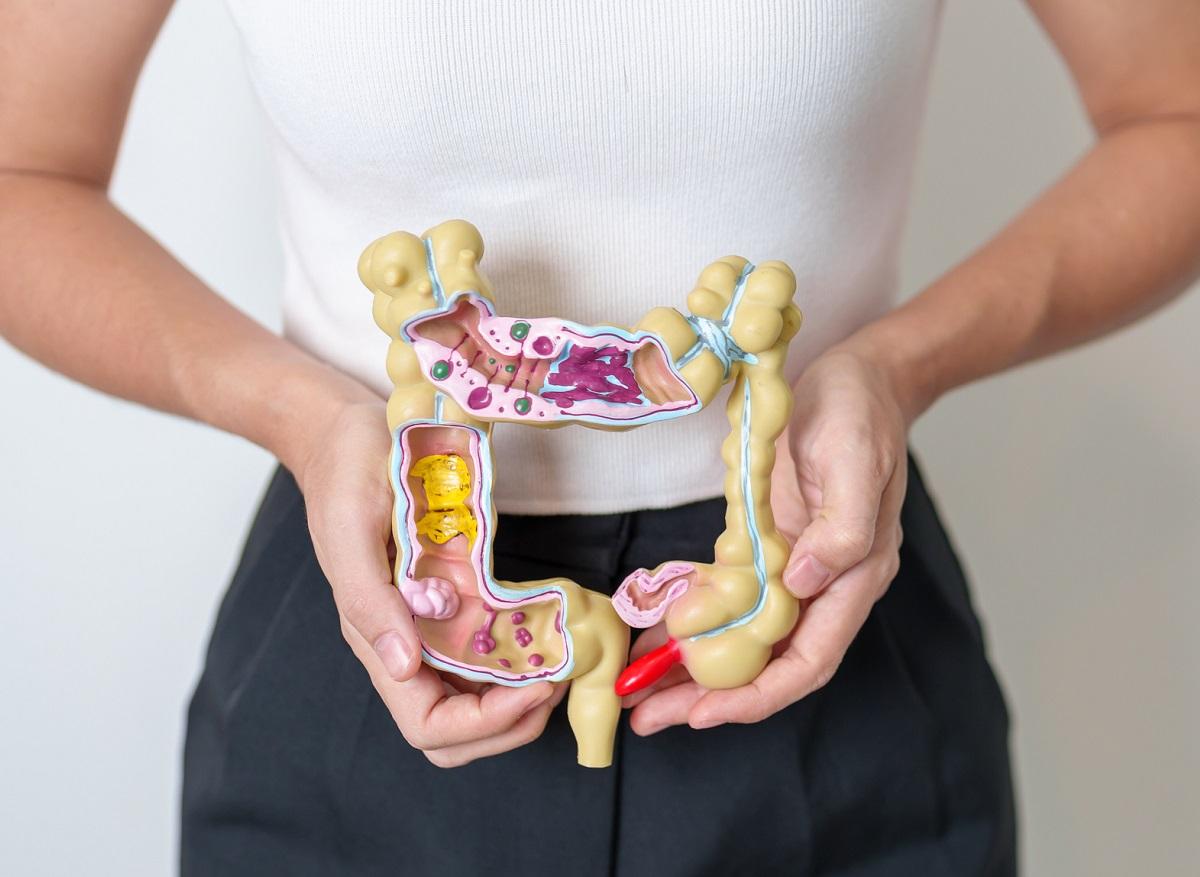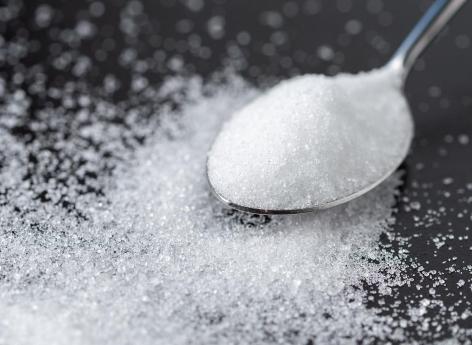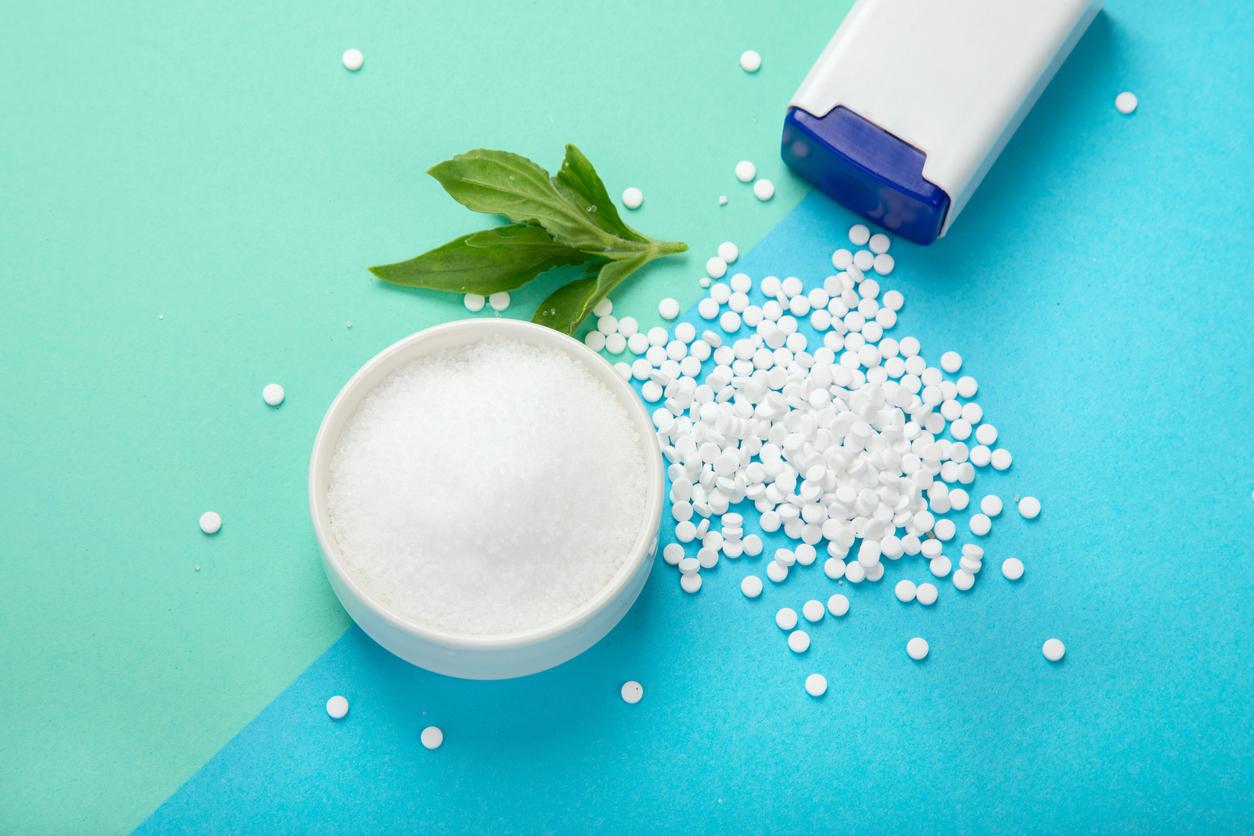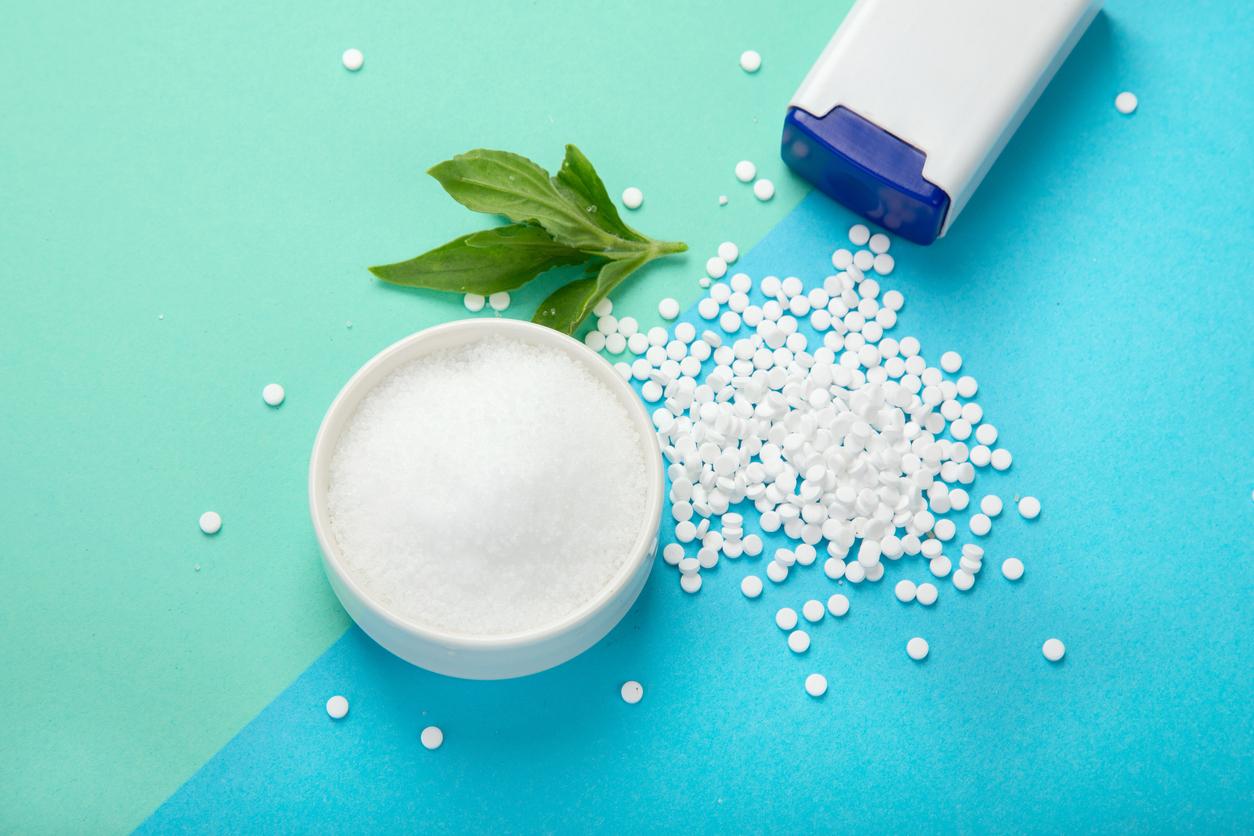According to a study conducted by Case Western University (Cleveland, USA), a synthetic sweetener, marketed under the name Splenda as “false sugar”, worsens the symptoms of Crohn’s disease.

Crohn’s disease is a chronic inflammatory disease of the digestive system. It evolves through phases of crisis and remission. Severe abdominal pain and diarrhea, sometimes bloody, can last for several weeks. Patients lose weight, sometimes a lot, and feel very tired.
According to one study, conducted by Case Western University in Cleveland, Ohio, consumption of an artificial sweetener, sucralose (sold under the brand name Splenda), may make symptoms of the disease worse. The results are published in the journal Inflammatory Bowel Diseases.
The disturbed intestinal flora
The researchers conducted their study in mice with a genetic line that causes a form of Crohn’s disease. The other half of the mice were healthy. In sick mice, sucralose imbalances the gut microbiota and increases the number of proteobacteria in the intestines, including Escherichia coli (E. coli). Very present in our digestive tract, some of these strains can be pathogenic. Cause food poisoning for example.
Ingestion of Splenda also increases the activity of an enzyme, myeloperoxidase, which is effective in killing microorganisms. In other words, sucralose triggers an immune response. The body thus seeks to fight an invader. An inflammatory reaction therefore follows. The microbiota of healthy mice remained intact.
“Artificial sweetener sucralose worsens gut inflammation in mice with Crohn’s disease” https://t.co/aPlsO2pVSf via @NewsMedical #microbiota #gutflora #gutmicrobes #Crohns
– Gut Microbiota NW (@GutMicrobiotaWW) March 16, 2018
The Splenda, to be consumed in moderation
“Our results suggest that patients with Crohn’s disease should be careful when consuming Splenda or similar products containing sucralose”, says Alex Rodriguez-Palacios, assistant professor of medicine at Case Western University.
In people with an inflammatory predisposition, such as Crohn’s disease or other pathologies of the intestine, sucralose could thus lead to flare-ups of the disease. Conversely, in people with no intestinal problem, there is no need to worry too much about consuming Splenda, according to Alex Rodriguez-Palacios.
Next step: conduct experiments directly on patients. But this is more difficult to do because there are more elements to take into account, such as human genetics, the microbiota or diet.

.















